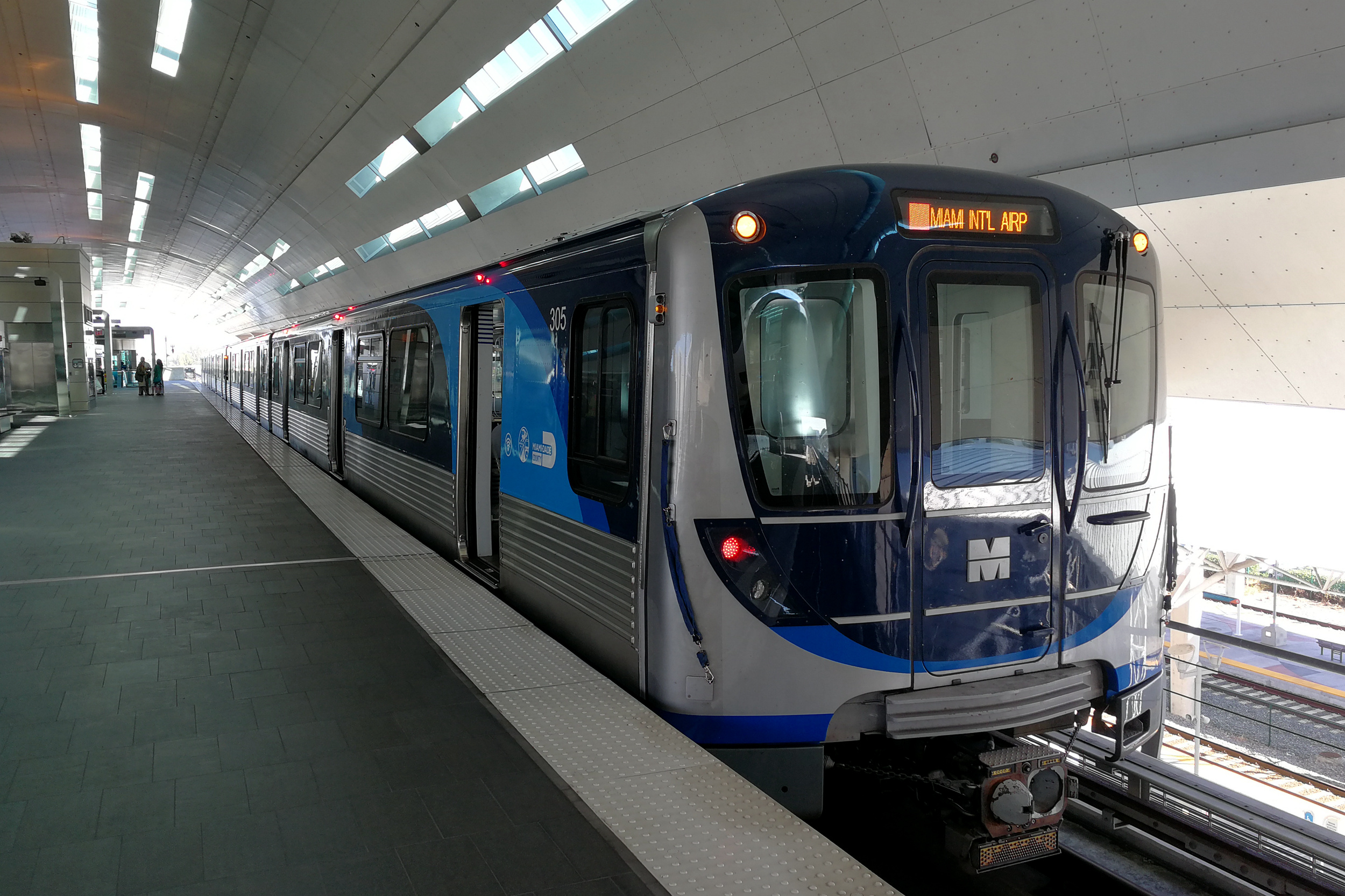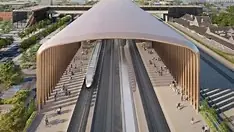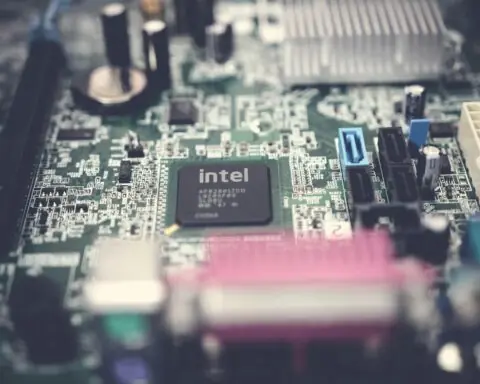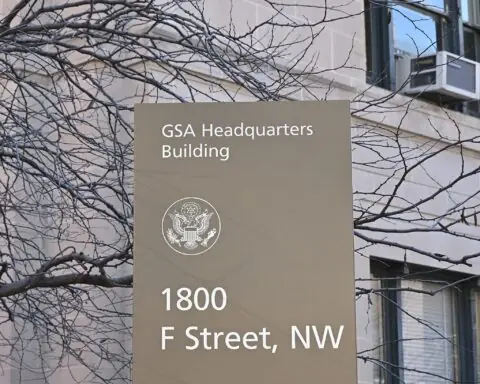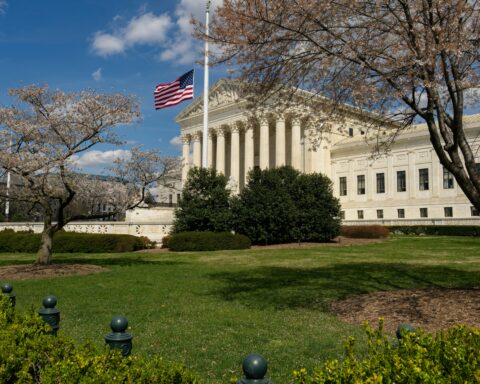The Miami-Dade Department of Transportation and Public Works (DTPW) in Florida is celebrating an approval for federal funding that could bring millions to the county for an ambitious rapid transit initiative.
The U.S. Department of Transportation’s Federal Transit Administration (FTA) is pledging up to $389.5 million in grants for DTPW to advance its Northeast Corridor Rapid Transit Project. Allocated funding under the federal Capital Investment Grant Program, the FTA will distribute this money to the department to move the project to the next stage, engineering design.
RELATED: Historic $2.4 billion investment to enhance rail infrastructure, safety nationwide
In addition to this federal investment, the estimated $927.3 million project will leverage almost $475 million in local and state funding for the project. This includes the Florida Department of Transportation’s (FDOT) commitment of $200 million and the remaining outstanding funding provided through the People’s Transportation Plan.
The Northeast Corridor Rapid Transit Project is one of five under the county’s Strategic Miami Area Rapid Transit (SMART) program, which seeks to provide more accessible, efficient and sustainable transit options to individuals throughout Miami-Dade County. Together, the projects look to develop the 85-mile Coastal Link commuter rail line to provide a multimodal connection between Miami-Dade, Broward and Palm Beach counties.
Primarily, the Northeast Corridor Rapid Transit project will integrate existing rails at the Miami Central and West Aventura stations along the current 13.5-mile rail corridor shared with Brightline and Florida East Coast Railway. DTPW will also construct an additional five new stops on the corridor, providing connections to Wynwood, the Design District, Little Haiti, North Miami and the FIU North Campus.
The project will also include enhancements to FDOT’s existing rail yard and rail vehicle maintenance storage facility in Hialeah.
By providing a plethora of multimodal travel solutions, the county anticipates this SMART project will greatly reduce traffic congestion, expand transportation options and promote regional transit sustainability.
In addition to the immediate transportation benefits, the project is also expected to create new economic opportunities, enhance mobility options and reinvigorate communities along the Northeast Corridor. By connecting key neighborhoods to major job centers, the project will improve access to employment, education and other opportunities, contributing to long-term regional growth and development.
Now that DTPW has secured federal, state and local funding options, the project will move into the engineering design phase, which is expected to last until 2028. Until then, DTPW will be required to submit a revised financial plan, seek approval from congress and await the FTA’s Full Funding Grant Agreement by mid-2027.
Construction on the Northeast Corridor Rapid Transit project is expected to begin sometime in 2027 and last through 2031. The estimated start of commuter service along the new rail corridor is anticipated for early 2032.
Photo courtesy Alancrh



